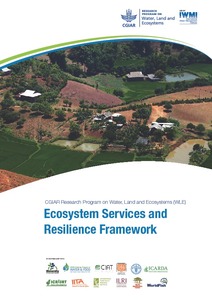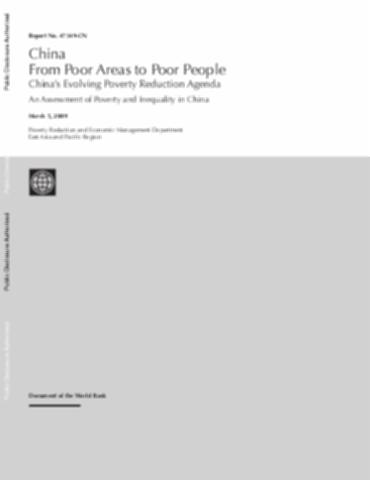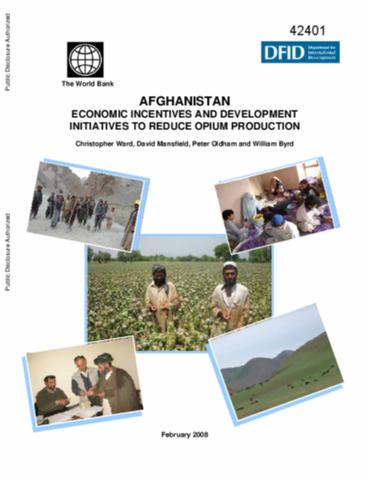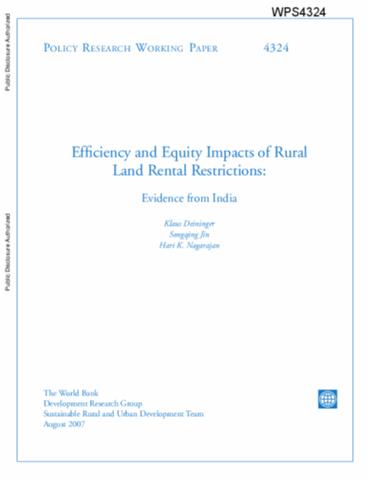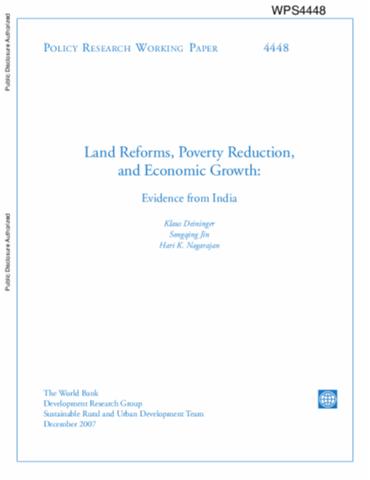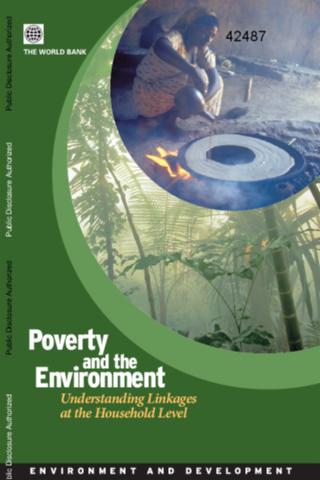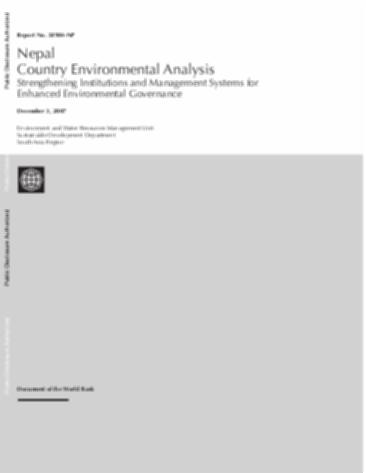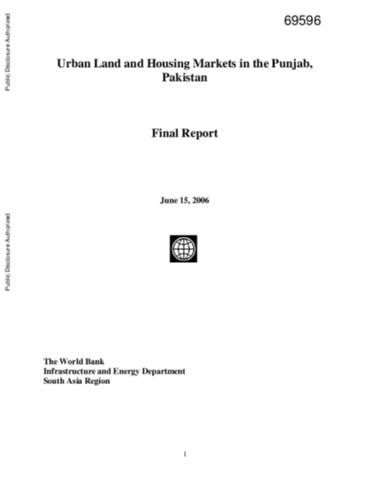Zonas rurales
AGROVOC URI:
Dairy marketing in Ethiopia: Markets of first sale and producers' marketing patterns
This study is part of a larger study on dairy marketing in Ethiopia, and concentrates on the producers'end of the marketing chain. Specifically, the markets of first sale used by dairy producers were identified and the marketing patterns of three categories of dairy producers (intra-urban, peri-urban and peasant) were investigated. The study was carried out on a sample of 173 dairy producers between February and July 1986, using structured questionnaires.
The Provisions of the Panchayats (Extension to Scheduled Areas) Act, 1996
The Provisions of the Panchayats (Extension to Scheduled Areas) Act, 1996 or PESA is a law enacted by the Government of India for ensuring self governance through traditional Gram Sabhas for people living in the Scheduled Areas of India. Scheduled Areas are areas identified by the Fifth Schedule of the Constitution of India.
Étude régionale sur les marchés fonciers ruraux en Afrique de l’Ouest et les outils de leur régulation
Date : juin 2017
Source : Foncier & Développement
Par : Philippe LAVIGNE DELVILLE, Jean Philippe COLIN, Ibrahima KA, Michel MERLET | UEMOA / IPAR
Gender Analysis of Aquaculture Value Chain in Northeast Vietnam and Nigeria
The report is an initiative of the Agriculture and Rural Development Department (ARD) of the World Bank. Aquaculture is the fastest-growing food sector in the world and is expected to contribute more than 50 percent of total fish consumption by 2020. Just over 90 percent of aquaculture production originates in Asia, and nearly 70 percent in China alone. Efforts to expand aquaculture production to meet the ever increasing worldwide demand for seafood continue.
China - From Poor Areas to Poor People : China’s Evolving Poverty Reduction Agenda - An Assessment of Poverty and Inequality in China
China's progress in poverty reduction over the last 25 years is enviable. One cannot fail to be impressed by what this vast nation of 1.3 billion people has achieved in so little time. In terms of a wide range of indicators, the progress has been remarkable. Poverty in terms of income and consumption has been dramatically reduced. Progress has also been substantial in terms of human development indicators. Most of the millennium development goals have either already been achieved or the country is well on the way to achieving them.
Afghanistan : Economic Incentives and Development Initiatives to Reduce Opium Production
This report is about how to progressively reduce over time Afghanistan's dependence on opium - currently the country's leading economic activity - by development initiatives and shifting economic incentives toward sustainable legal livelihoods. Specifically, the report identifies additional investments and policy and institutional measures to support development responses that can counterbalance the economic advantages of opium.
Efficiency and Equity Impacts of Rural Land Rental Restrictions : Evidence from India
Recognition of the potentially deleterious implications of inequality in opportunity originating in a skewed asset distribution has spawned considerable interest in land reforms. However, little attention has been devoted to fact that, in the longer term, the measures used to implement land reforms could negatively affect productivity. Use of state level data on rental restrictions, together with a nationally representative survey from India, suggests that, contrary to original intentions, rental restrictions negatively affect productivity and equity.
Land Reforms, Poverty Reduction, and Economic Growth : Evidence from India
Recognition of the importance of institutions that provide security of property rights and relatively equal access to economic resources to a broad cross-section of society has renewed interest in the potential of asset redistribution, including land reforms. Empirical analysis of the impact of such policies is, however, scant and often contradictory. This paper uses panel household data from India, together with state-level variation in the implementation of land reform, to address some of the deficiencies of earlier studies.
Poverty and Environment : Understanding Linkages at the Household Level
This report seeks to present micro evidence on how environmental changes affect poor households. It focuses primarily on environmental resources that are outside the private sphere, particularly commonly held and managed resources such as forests, fisheries, and wildlife. The objectives for this volume are three-fold. It is first interested in using an empirical data-driven approach to examine the dependence of the poor on natural resources. The second objective is to examine the role of the environment in determining health outcomes.
Nepal - Country Environmental Analysis : Strengthening Institutions and Management Systems for Enhanced Environmental Governance
The main objective of the Country Environmental Analysis (CEA) in Nepal is to identify opportunities for enhancing the overall performance of select environmental management systems through improvements in the effectiveness of institutions, policies, and processes.
Urban Land and Housing Markets in the Punjab, Pakistan
This note provides a short overview of urban land and housing market performance in Punjab Province of Pakistan. It describes the characteristics of well-functioning urban land and housing markets and argues that, at present, the Punjab's urban land and housing markets are not performing well. The paper identifies a range of structural and institutional shortcomings that impede urban land market performance, and then concludes by offering recommendations for making land and housing markets functions better.

